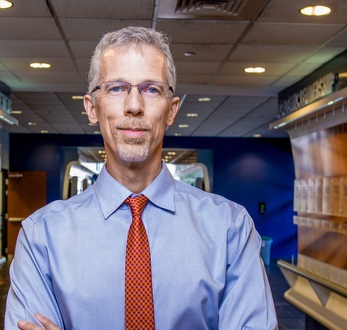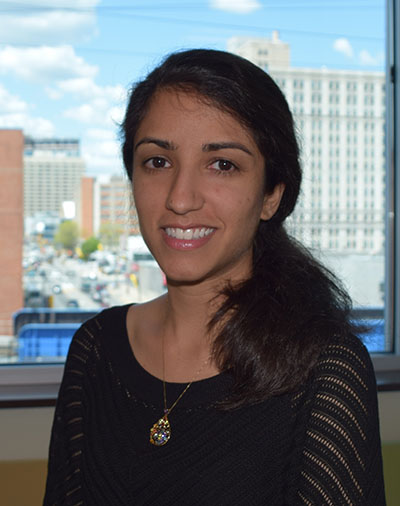Studying Autism Using a Life Course Perspective
Paul Shattuck and Bushraa Khatib
Posted on
August 31, 2015
What is a life course perspective?
Imagine a student on the autism spectrum, Miguel, who has been in high school for five years. He wakes up one morning and goes to school for his last day of classes. The next day is high school graduation. Miguel dons his cap and gown, walks across the stage, and takes required selfies with all of his best friends, officially graduating after years of effort and hard work.
He wakes up the next morning, still the same kid…or is he? His skills and abilities are not notably different today versus yesterday. However, his relationships with others, with organizations, with society and social institutions are fundamentally different. Society now has different expectations for Miguel. He and his family must figure out how to interact with new organizations in different ways.
This is what a life course perspective focuses on – turning points and transitions in how people’s lives are connected with other people, social contexts, and institutions like education. These are the things that give our lives texture and meaning. This is what we focus on at the Life Course Outcomes Research Program, a part of the A.J. Drexel Autism Institute at Drexel University.
Life course, defined
The life course perspective has roots in both sociology and public health. This perspective looks at social roles, which are a set of connected behaviors, expectations, obligations, and norms. Examples of social roles include parent, child, student, employee, or service recipient. Social roles are embedded in social contexts and institutions and change over time, especially at major turning points: exiting high school, starting college, getting a job, getting married, or becoming a parent.
Getting a diagnosis is a major turning point for people with autism and their families. It can open up an avenue to critical resources and early interventions. For some, it confirms a long-suspected diagnosis and provides a sense of relief. Being diagnosed with autism can happen at any point and is a major turning point regardless of age.
Why look at autism through the life course lens?
From adolescence to young adulthood
Our Life Course Outcomes Research program focuses a lot of attention on the transition from adolescence to young adulthood. Why?
Many families describe this transition as a lot like walking off a cliff in terms of the drastic drop in availability of supports and services. Transition to adulthood is also a critical period of development. A good transition can set the stage for advantages and positive outcomes down the road. Youth with autism are especially vulnerable during this transitional period because of their difficulties with communication and social interaction, a greater reliance on others for aid, and a high rate of additional mental and physical health problems.
The missing part of the equation
How life turns out is not solely a function of your behaviors, symptoms and individual abilities. Everyone is embedded in social contexts like families, schools, neighborhoods, organizations. However, the vast majority of research on autism studies individual development and treatment without much regard for social context. If that’s all we’re doing as a research field, we are missing part of the equation. How life unfolds and is affected by things other than clinical treatments is an important, understudied angle of autism research. It is so important that we designed our entire research program around this focus.
What we stand to gain
The results of our life course outcomes research will arm us with new ideas on how to improve outcomes for adults with autism. We have spent billions of dollars on autism research focusing on the paradigm of fixing the person. Yet, more than half of young adults with autism remain disconnected from jobs and continued education in the first few years after high school. Clearly it will take new approaches to foster better outcomes across the life course.
 Paul Shattuck, PhD, director of the Life Course Outcomes Research Program, studies experiences and services promoting positive life outcomes for people on the autism spectrum, their families and communities.
Paul Shattuck, PhD, director of the Life Course Outcomes Research Program, studies experiences and services promoting positive life outcomes for people on the autism spectrum, their families and communities.
 Bushraa Khatib, BS, attends outreach events and develops written content for both the LCO Research Program and the Autism Institute.
Bushraa Khatib, BS, attends outreach events and develops written content for both the LCO Research Program and the Autism Institute.